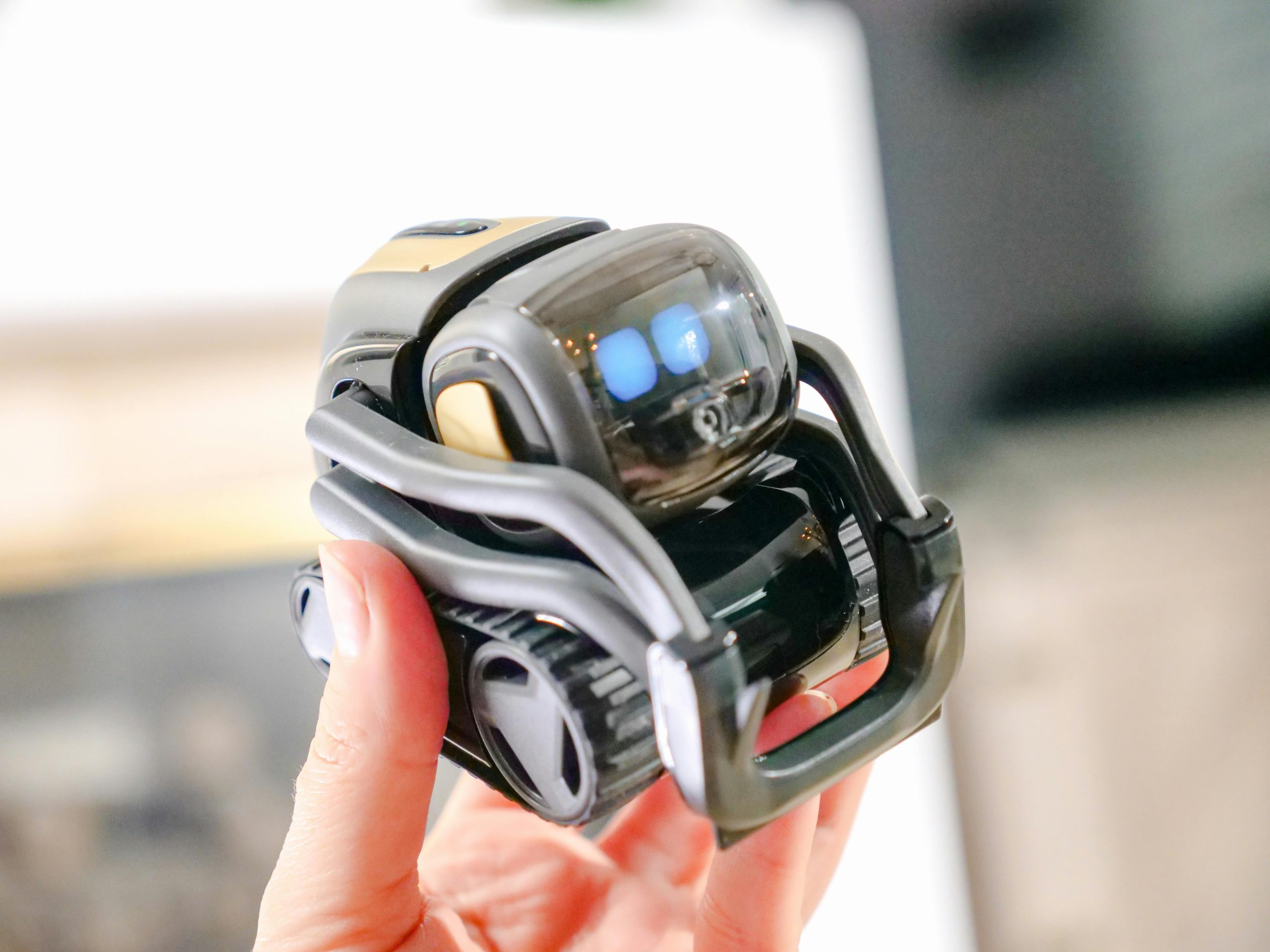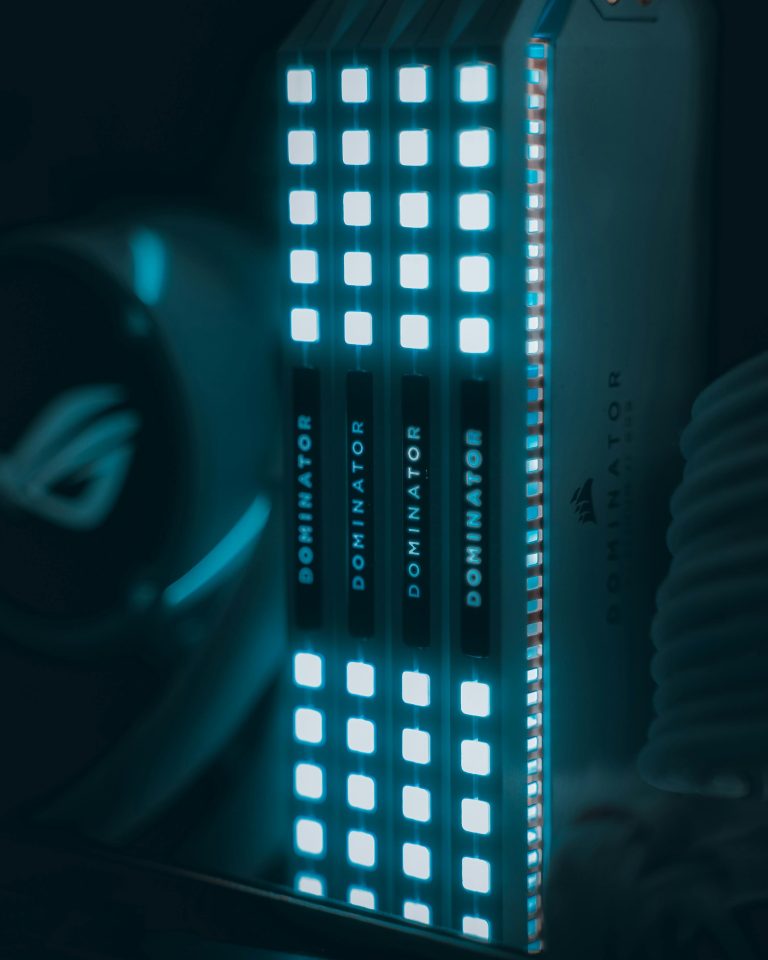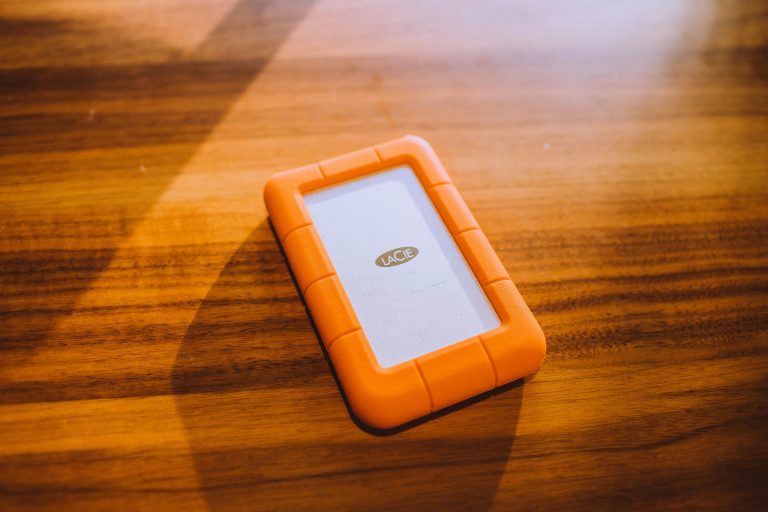
The world of technology is evolving at an unprecedented pace, and artificial intelligence (AI) is at the forefront of this transformation. AI-powered gadgets are no longer a futuristic concept—they are here, reshaping how we interact with smart devices. From voice assistants to self-learning thermostats, AI is revolutionizing everyday technology, making devices smarter, more intuitive, and incredibly efficient. As these innovations become mainstream, they promise to redefine convenience, productivity, and even our lifestyles.
The Rise of AI in Everyday Gadgets
AI has seamlessly integrated into our daily lives, often without us even noticing. Smartphones, for instance, now come equipped with AI-driven cameras that optimize photos in real-time, while virtual assistants like Siri and Alexa use natural language processing to understand and respond to our commands. These advancements are just the beginning.
AI-powered gadgets are becoming more sophisticated, capable of learning user preferences and adapting accordingly. For example, smart thermostats like Nest analyze your schedule and adjust temperatures to save energy, while robotic vacuums like Roomba map your home and clean more efficiently over time. The rise of AI in consumer electronics is not just about automation—it’s about creating devices that anticipate needs and deliver personalized experiences.
Key AI-Powered Gadgets Shaping the Future
Several groundbreaking AI-powered gadgets are setting the stage for the future of smart devices. Here are a few standout examples:
Smart Speakers and Voice Assistants
Devices like Amazon Echo and Google Home have become household staples, thanks to their AI-driven voice assistants. These gadgets can control smart home devices, answer questions, play music, and even order groceries—all through voice commands. With continuous updates, they’re becoming more conversational and context-aware.
AI-Enhanced Wearables
Wearable technology, such as the Apple Watch and Fitbit, now leverages AI to provide health insights. From detecting irregular heartbeats to tracking sleep patterns, these devices use machine learning to offer personalized recommendations, helping users make informed decisions about their well-being.
Autonomous Home Appliances
From self-cleaning ovens to AI-powered refrigerators that suggest recipes based on available ingredients, home appliances are getting smarter. These gadgets not only save time but also reduce waste, making homes more efficient and sustainable.
How AI Enhances User Experience
The true power of AI-powered gadgets lies in their ability to enhance user experience. By leveraging data and machine learning, these devices offer unparalleled convenience and customization.
Personalization: AI analyzes user behavior to tailor experiences. For instance, streaming services like Netflix use AI to recommend shows based on viewing history, while smart lighting systems adjust brightness and color based on time of day and user preferences.
Predictive Capabilities: AI can predict needs before users even realize them. Smart cars, for example, use AI to suggest alternate routes in real-time, avoiding traffic jams. Similarly, AI-powered security systems can detect unusual activity and alert homeowners proactively.
Seamless Integration: AI enables gadgets to work together harmoniously. A smart home ecosystem, where lights, thermostats, and security systems communicate, creates a cohesive and automated living environment.
Challenges and Ethical Considerations
While AI-powered gadgets offer immense benefits, they also raise important questions about privacy, security, and ethical use.
Data Privacy: AI devices collect vast amounts of personal data to function effectively. Ensuring this data is secure and used responsibly is critical. Users must be aware of how their information is stored and shared.
Bias in AI: Machine learning models can inherit biases present in their training data, leading to unfair or inaccurate outcomes. Developers must prioritize fairness and transparency to build trust in AI technologies.
Dependence on Technology: As gadgets become smarter, there’s a risk of over-reliance on AI, potentially diminishing human skills and decision-making abilities. Striking a balance between automation and human control is essential.
Conclusion
AI-powered gadgets are undeniably revolutionizing the future of smart devices, offering smarter, more intuitive, and highly personalized experiences. From voice assistants to autonomous home appliances, these innovations are transforming how we live, work, and interact with technology. However, as we embrace these advancements, it’s crucial to address challenges like data privacy and ethical AI use. The future of AI-powered gadgets is bright, and with responsible development, they will continue to enhance our lives in ways we’ve only begun to imagine.





